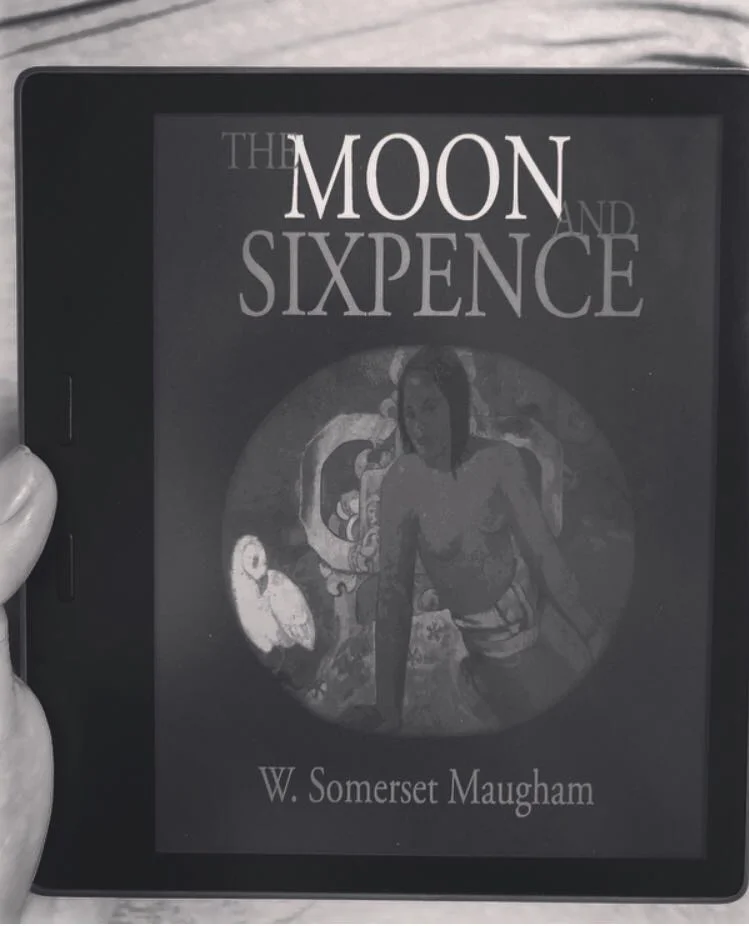The Myth of Sisyphus by Albert Camus
“In the face of such contradictions and obscurities must we conclude that there is no relationship between the opinion one has about life and the act one commits to leave it. Let us not exaggerate in this direction. In a man’s attachment to life there is something stronger than all the ills in the world. The body’s judgement is as good as the mind’s and the body shrinks from annihilation. We get into the habit of living before acquiring the habit of thinking. In that race which daily hastens us towards death, the body maintains its irreparable lead. ”
Kafka always questioned the meaning of life; Sartre only questions the fact of existence, which is an order of reality much more immediate than the human and social elaborations of the life that is on this side of life; yet, Camus does both, this is what keeps me in awe of the writer. Contrary to public consensus, Camus is not a detached pessimist, instead, he is passionately affirmative of life in the face of that void. The Myth of Sisyphus begins as a refutation of suicide, and further preaches acceptance, instead of escape, of the absurdity of life.
Brooding rumination. That’s what people usually get into when they were awakened by absurdity. Once we cross that invisible line in front of our unwary feet, the world falls on its stunned head, and orientation is anyone’s guess. Just as Roquentin said, where truth lies now is in unending aporia. Yet, Camus posits a way out of despair by objectively exploring the Absurd, the topic of suicide, and the dilemma of living or not living in a universe devoid of order or meaning. He also presented other philosophers’ ideas and beliefs regarding Absurdity, such as the idea of transcendence by Jasper, the beyond reason of Chestov, and the frantic adherence of Kierkegaard. With lyric eloquence, Camus explained why he disagreed with all of the above beliefs, and how he would substitute the cry of despair with freedom and passion.
If you’ve ever heard of Sisyphus, you’d know he was the cruel king of Ephyra in Greek Mythology who was punished by God for his self-aggrandizing craftiness by being forced to push an immense boulder up a steep hill, only to find it rolling back down nearing the top. Ever since, he has been known for repeating this action tirelessly till eternity. Sisyphus, is thus a tragic character in a cautionary tale; yet, a hero in Camus’s point of view.
Camus’s main assertion is that life is fundamentally absurd, that living is Sisyphean, laborious and futile, the difference is that Sisyphus knew, yet we don’t. Wake up, meal, work the 9 to 5, meal, sleep. Monday Tuesday Wednesday Thursday Friday Saturday Sunday and repeat. Until one day, the “why” surfaces and everything begins in that weariness tinged with fear. Weariness comes at the end of the acts of a mechanical life, but at the same time it inaugurates the impulse of consciousness. It awakens consciousness and provokes what follows. What follows is the gradual return into the endless chain or is the definitive awakening. At the end of the awakening comes, in time, the consequences: suicide or recovery.
Tenacity and acumen are privileged spectators of this inhuman show in which absurdity, hope and death carry on their dialogue. The universe never responds. Yet, Sisyphus persisted. He was conscious and aware; he did not commit suicide. This may suggest that the Absurd doesn’t dictate death but calls for the awareness, whether one chooses death, is their choice. In a way, Sisyphus is the most proletarian in the Greek Myths, similar to what noted by Marx and Engels in relation to the meaninglessness of work under capitalist alienation of labor.
On a side note, if we view Sisyphus as a myth illustrating the terror of capitalist production, then Tantalus is surely the myth that does so for capitalist consumption. Humans are repeating activities that leads to nowhere; drowning in desires that cannot be satisfied. Thus we work, and work, don’t know what for; we push, and push, not realizing those desires are never meant to be satisfied. And at some point, the stage sets collapse. Yet, Camus suggests that instead of escape, we could live with consciousness.
How? You ask. Read the book, I say.



